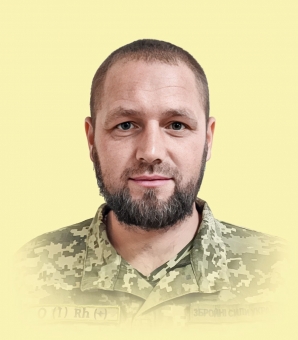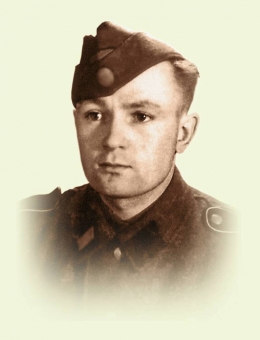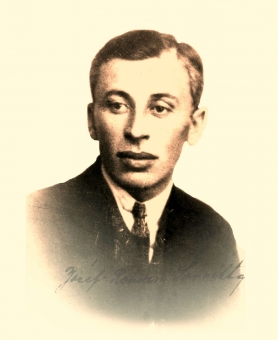Володимир Ніхаєнко




Osyp-Roman Yosafatovych Sorohtei (Ukrainian: Осип Сорохтей), (*February 28, 1890, Baranivtsi village (Baranchychi), Sambir district of Lviv region - † November 28, 1941, Stanislaviv, now Ivano-Frankivsk) – a Ukrainian painter, graphic artist, cartoonist and a teacher.
Biography
His father, a Czech by nationality, was a railroader in Galicia. His mother was of polish descent.
After his birth the family moved to Stanislav. Soon his father died at work. In Stanislaviv Osyp grew up without his father.
During his childhood he used every opportunity to draw. He even ran away from school to the suburbs where his teacher lived - a failed artist and painter, but the best teacher.
1910 - Osyp Sorohtei graduated from the Teachers' Seminary in Stanislaviv.